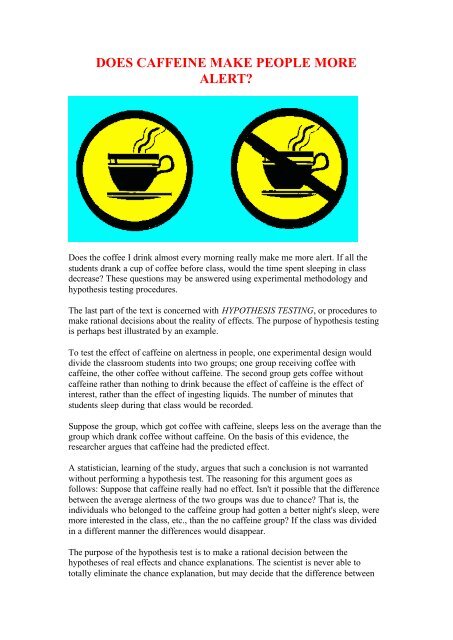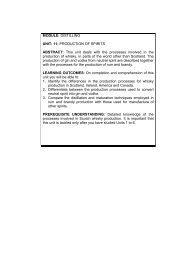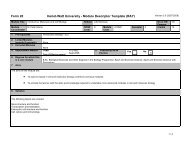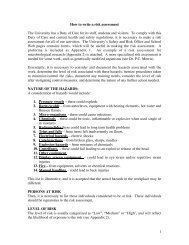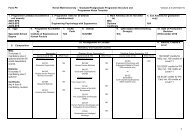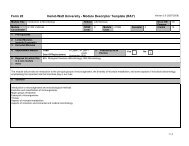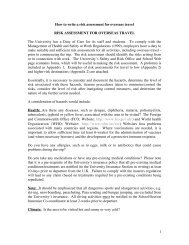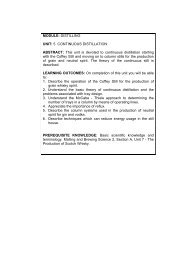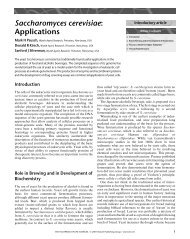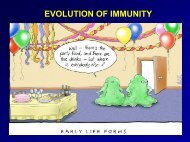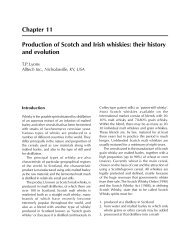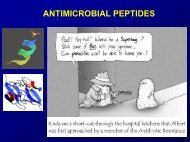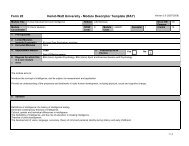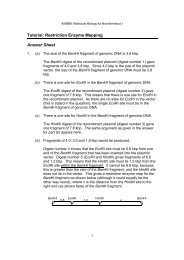INTRODUCTORY STATISTICS: CONCEPTS, MODELS, AND ...
INTRODUCTORY STATISTICS: CONCEPTS, MODELS, AND ...
INTRODUCTORY STATISTICS: CONCEPTS, MODELS, AND ...
Create successful ePaper yourself
Turn your PDF publications into a flip-book with our unique Google optimized e-Paper software.
DOES CAFFEINE MAKE PEOPLE MOREALERT?Does the coffee I drink almost every morning really make me more alert. If all thestudents drank a cup of coffee before class, would the time spent sleeping in classdecrease? These questions may be answered using experimental methodology andhypothesis testing procedures.The last part of the text is concerned with HYPOTHESIS TESTING, or procedures tomake rational decisions about the reality of effects. The purpose of hypothesis testingis perhaps best illustrated by an example.To test the effect of caffeine on alertness in people, one experimental design woulddivide the classroom students into two groups; one group receiving coffee withcaffeine, the other coffee without caffeine. The second group gets coffee withoutcaffeine rather than nothing to drink because the effect of caffeine is the effect ofinterest, rather than the effect of ingesting liquids. The number of minutes thatstudents sleep during that class would be recorded.Suppose the group, which got coffee with caffeine, sleeps less on the average than thegroup which drank coffee without caffeine. On the basis of this evidence, theresearcher argues that caffeine had the predicted effect.A statistician, learning of the study, argues that such a conclusion is not warrantedwithout performing a hypothesis test. The reasoning for this argument goes asfollows: Suppose that caffeine really had no effect. Isn't it possible that the differencebetween the average alertness of the two groups was due to chance? That is, theindividuals who belonged to the caffeine group had gotten a better night's sleep, weremore interested in the class, etc., than the no caffeine group? If the class was dividedin a different manner the differences would disappear.The purpose of the hypothesis test is to make a rational decision between thehypotheses of real effects and chance explanations. The scientist is never able tototally eliminate the chance explanation, but may decide that the difference between


